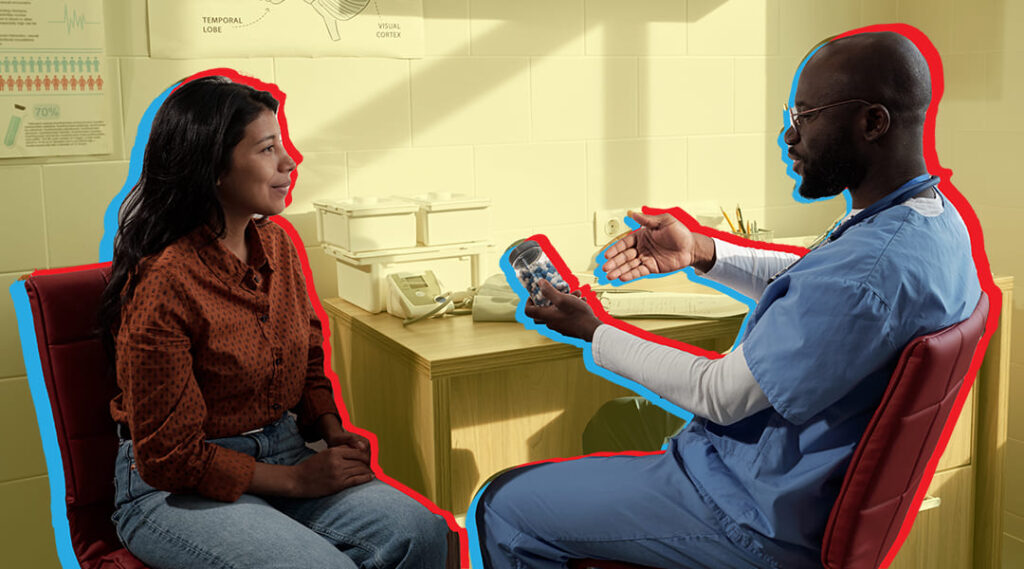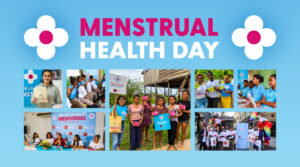You received a positive diagnosis of HIV and, after processing the news and deciding to take action on it, you finally have your first medical appointment at the specialized service. This can generate some stress, especially due to the lack of knowledge of what you can expect in this first approach.
Many people postpone their medical consultations (of all kinds) for fear of what may happen there. For this reason, it is convenient that you have a previous idea of what that query will include. Here we tell you.
The Basic Explanation
If you received counseling after your positive result, you have probably already been told how the virus works in your body. However, it is also possible that, due to the news, you have not paid much attention or doubts have arisen over the days.
The first medical consultation with an HIV specialist is a good time to express these doubts, since it is very likely that the doctor will return to the explanation of how HIV works and why it is important that you start your treatment immediately, so that the infection can be controlled and keep you in good health for much longer.
Do not be afraid to ask what you do not understand, and if you have doubts that have arisen before the consultation, write them down and thus avoid leaving aside any important questions.
Medical record
The next step will be to talk about your medical history. Your doctor will take time to ask about your health history, such as any surgeries you’ve had, serious or chronic illnesses (asthma, diabetes, heart disease), allergies to medications, or vaccinations you’ve received.
It will also inquire about your family history, such as hereditary diseases or conditions, or even the trips that your family group has made to identify the risk of an endemic disease (that is, diseases specific to a certain region or country).
Another set of questions will address your use of legal and illegal substances, such as tobacco, alcohol, and other drugs. It is important that you answer these questions honestly, because the medical staff is not there to judge you, but to take into account all the factors that may influence your health or take your next treatment.
Last but not least, there may be questions about your past and present mental health, and ideally, the specialist will talk to you about the resources you have available to take care of this aspect, such as self-support groups of people with HIV or psychiatry or psychology services which you can go to.
Physical examination and laboratory tests
After this discussion, the doctor should do a physical examination or examination, such as recording your weight and height, taking your vital signs (blood pressure, temperature, heart rate per minute, etc.), and looking at how your body looks in general. In addition, he will focus on looking at your eyes, ears, throat, and possibly your genitals.
Another important step that should be taken in the first consultation is the taking of samples for laboratory tests. These tests provide doctors with valuable information about the current status of your immune system and infection.
To obtain this data, two main tests must be carried out:
• CD4 cell count, which measures how many immune cells called CD4 T cells are in your blood. Remember that the goal of HIV is to destroy these cells, so if you have a low count, it means the virus has the upper hand and vice versa.
• Viral load, which measures how many viruses are in your blood. This information is important because it largely determines the treatment you will receive and can indicate whether or not your infection is recent. The ultimate goal of treatment is for this viral load to be so low that it is called undetectable.
Initiation of antiretroviral treatment
Current guidelines for the management of HIV indicate that a diagnosed person should start antiretroviral treatment as soon as possible, in order to ensure the best health status for as long as possible.
That is why the ideal is that in this first consultation, your doctor tells you about the treatment that he is going to prescribe and gives you precise instructions on when and how to take it. Try not to ignore any doubts that may arise about the treatment, since it is very important that, once you start it, you can maintain it without interruptions.
At AHF Latin America and the Caribbean we know that HIV care is a crucial step that is not always easy to take after a diagnosis. If you have questions about the service or require assistance, come to our offices in your country and we will help you.







